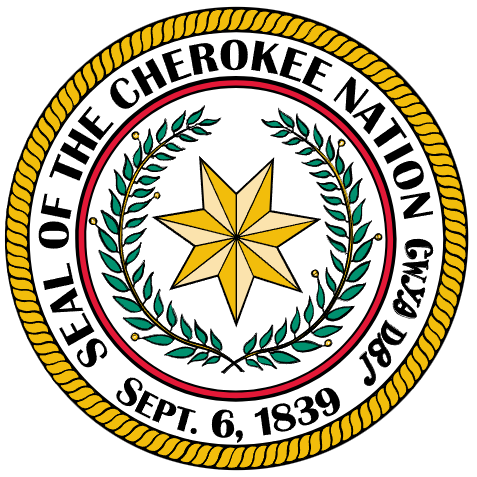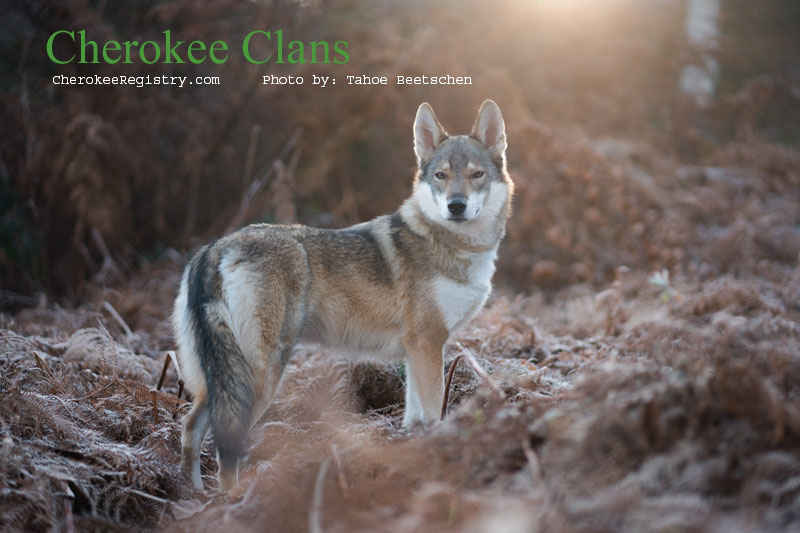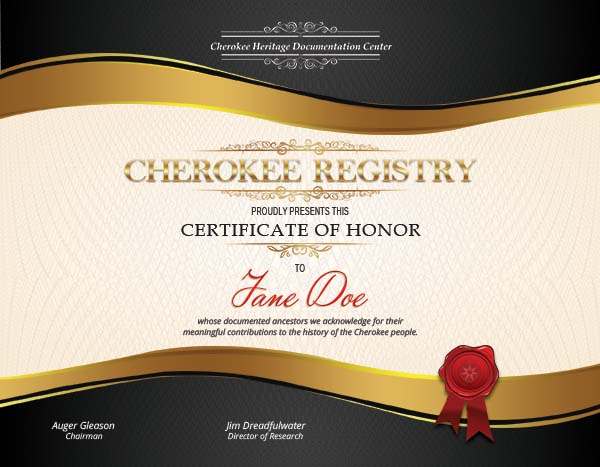Many people who research Cherokee ancestors in their family tree fail to pay attention to information about their ancestor’s clan. The Cherokee clan was very important. It regulated who could marry who, and was associated with the role that family played within the tribe.
There are no public tribal records regarding clanship. In addition, clan information may be kept private for spiritual reasons. Children today are sometimes told not to tell others what clan they belong to without permission from their elders.
When researching a family tree clan information is often traced from a known clan in the past down through the female line of genealogy. Clans were matrilineal. That means that the clan was passed from mother to child. Children and all property were considered to belong to the mother’s clan.
A Cherokee could marry into any of the clans except two, that to which his father belonged, for all of that clan were his fathers and aunts and that to which his mother belonged, for all of that clan were his brothers and sisters. When you traveled to different villages you stayed with your clan. People have ways of recognizing members of their own clan without simply asking.

Clans were so important that in prayer, healing, and conjuring the person’s clan had to be included. Clans were divided into more subgroups such as different bird or animal names but the majority of these have been lost over time. The seven pointed star of the current Cherokee seal represents the seven clans.
Also the Clan Law passed from the mother to the children. If a tribal member committed a crime such as murder, the Clan of the victim would avenge the death under the supervision of the oldest family member. If the slayer could not be found, a brother of the perpetrator could be substituted as a sacrifice to the law of retaliation. If this was not done, the spirit of the victim would not pass into the spirit world and would haunt the family.
What does this mean to you as you research your Cherokee roots? As you research family relationships, remember that these relationships sometimes have different meanings depending if the person was referring to the person using a “Cherokee” perspective or “White” perspective. In the traditional Cherokee clan structure, everyone in the clan was immediate family. The word “uncle” does not always mean uncle as it is used by non-Cherokee. A child will refer to his father’s uncle as his uncle. Orphans were incorporated into other family groups within the clan without any special distinction from other children of that specific family group. Cherokee seldom remarried except for a brother’s widow. It’s not uncommon for a widow to marry her deceased husband’s brother or even nephew. Even with today’s genealogy programs this loop can be difficult to follow.

